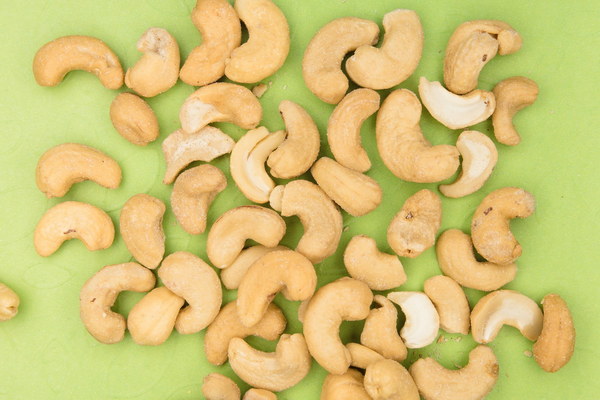Does Eating Too Much of This Kind of Food Nourish or Harm Your Stomach
Introduction:
The saying you are what you eat is more than just a metaphor; it reflects the profound impact that our diet has on our health. One of the most debated topics in nutrition is whether eating too much of certain foods can either nourish or harm our stomachs. In this article, we will explore this question and delve into the potential benefits and drawbacks of overindulging in certain types of cuisine.
1. The Importance of a Balanced Diet:
Before we discuss the effects of overeating on the stomach, it is essential to understand the importance of a balanced diet. A balanced diet includes a variety of foods that provide the necessary nutrients, vitamins, and minerals our bodies need to function optimally. This includes fruits, vegetables, whole grains, lean proteins, and healthy fats.
2. Foods That Can Nourish Your Stomach:
While some foods are notorious for causing stomach discomfort, there are others that can actually help maintain a healthy stomach. Here are some examples:
- Fermented foods: Foods like yogurt, kefir, sauerkraut, and kimchi are rich in probiotics, which are beneficial bacteria that promote gut health and can help improve digestion.

- Garlic: This flavorful bulb is known for its anti-inflammatory properties, which can help reduce stomach pain and bloating.
- Ginger: Known for its ability to alleviate nausea and reduce inflammation, ginger is a great addition to your diet if you are experiencing stomach issues.
- Green leafy vegetables: Dark leafy greens like spinach, kale, and Swiss chard are packed with vitamins and minerals that support stomach health.
3. Foods That Can Harm Your Stomach:
Unfortunately, some foods can cause more harm than good when consumed in excess. Here are a few to watch out for:
- Highly processed foods: These foods are often high in fat, sugar, and salt, which can lead to stomach discomfort, bloating, and digestive issues.
- Fatty foods: High-fat meals can be difficult for the stomach to digest, leading to heartburn, bloating, and indigestion.
- Spicy foods: While they can be delicious, spicy foods can irritate the stomach lining and cause discomfort for some individuals.
- Caffeinated beverages: Excessive caffeine consumption can disrupt the balance of stomach acid and lead to heartburn and acid reflux.
4. The Role of Moderation:
It's essential to remember that the key to maintaining a healthy stomach lies in moderation. While some foods can be beneficial when consumed in moderation, overindulging can lead to negative consequences. Here are some tips to help you maintain a balanced diet:
- Listen to your body: Pay attention to how different foods make you feel and adjust your diet accordingly.
- Eat slowly: Chewing food thoroughly can aid in digestion and prevent overeating.
- Stay hydrated: Drinking plenty of water can help maintain a healthy stomach and prevent constipation.
- Manage stress: Stress can affect the stomach's ability to function properly, so it's essential to find ways to manage stress in your life.
Conclusion:
In conclusion, the impact of overeating on your stomach can vary depending on the type of food consumed. While some foods can nourish and support a healthy stomach, others can cause discomfort and harm. By focusing on a balanced diet, listening to your body, and practicing moderation, you can help ensure that your stomach remains healthy and happy. Remember, you are what you eat, and making smart choices can lead to a healthier you.









